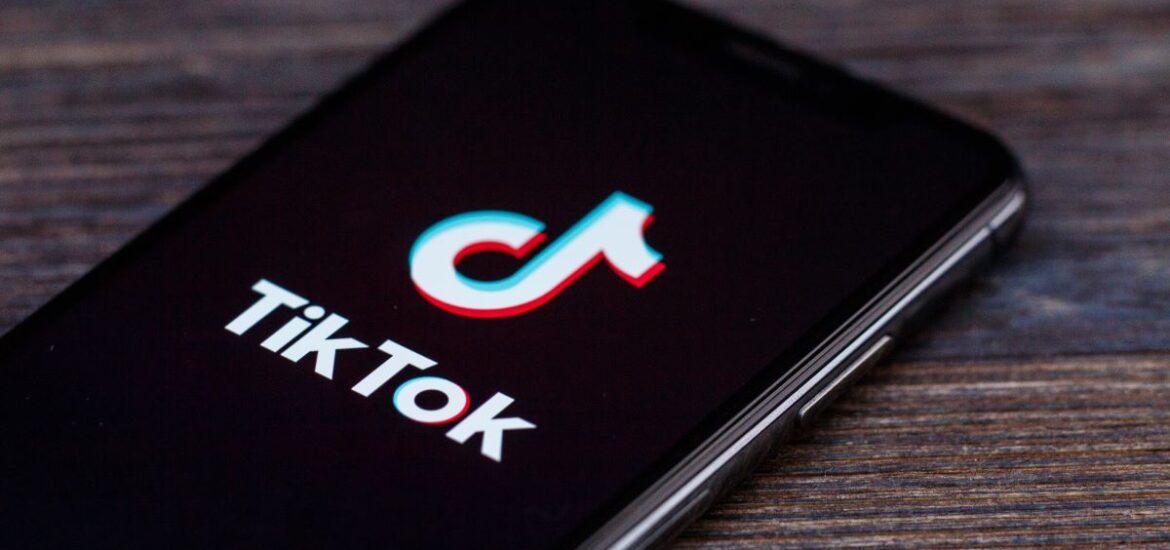A new legislative bill in the U.S. House of Representatives could force TikTok’s parent company to sell the app due to fears that China’s involvement in data collection could pose a national security threat.
Voting Against ByteDance

The United States House of Representatives is now set to vote on a bill that would force ByteDance, a Chinese-owned internet company, to sell TikTok.
The Larger Rivalry

This legislative decision is part of a more significant rivalry between the United States and China, stemming from American concerns that TikTok’s Chinese ownership could ultimately lead to a national security threat.
Security Concerns

American representatives fear that TikTok could pose a national security threat because of the app’s ability to access data outside the app on a user’s phone and its ability to spread disinformation campaigns spearheaded by Beijing.
Bipartisan Support

Currently, this bill has bipartisan support from Republican and Democratic representatives due to these concerns that Bytedance will provide American personal data to the Chinese government.
High-Ranking Officials Support

Even high-ranking politicians like FBI Director Christopher A. Wray and Director of National Intelligence Avril Haines have supported this bill, citing these concerns over personal data.
TikTok’s Counterarguments

In response to these allegations, ByteDance argues that these concerns are completely unfounded because TikTok’s ownership structure makes it an international company with investors and board members worldwide.
U.S. Data Storage

ByteDance also claims to have taken safeguards to protect U.S. user data through domestic storage and operational measures using an American cloud computing firm called Oracle.
The proposed bill currently being debated would require TikTok to be sold to buyers approved by the U.S. government within the next six months.
Relinquishing Control
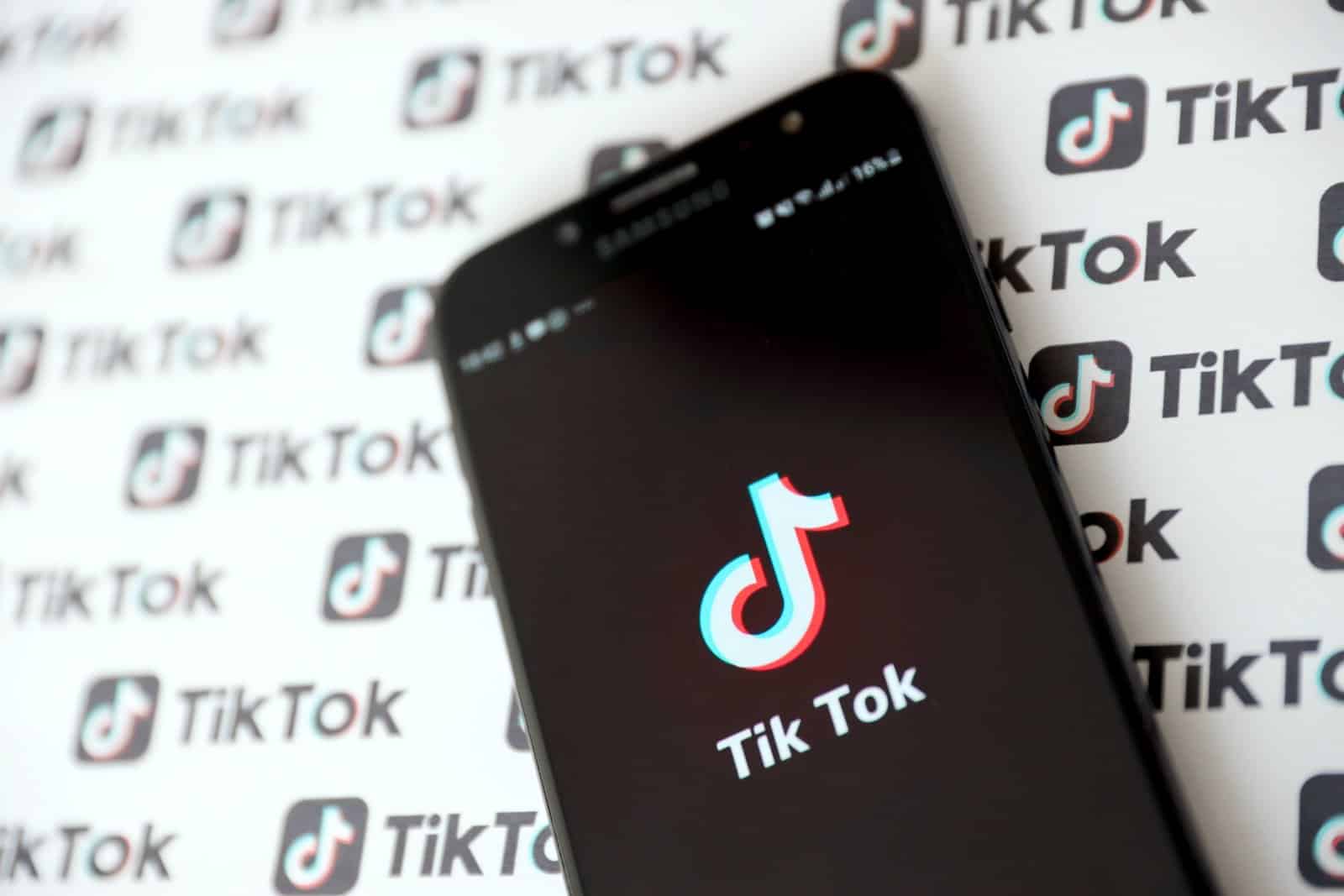
The goal of this sale would be to ensure that ByteDance relinquishes its control over TikTok and the recommendation algorithms.
Stopping the Sale

If the bill passes and ByteDance does not sell the app within the given time frame, legal restrictions will be placed on it to prevent its sale in app stores and web hosting services within the United States.
Forcing the Sale

The legal grounds for the House of Representatives to force Bytedance to sell TikTok is questionable at best, especially when considering their vast user base and high monetary valuation.
Chinese Regulations

In addition to this legal gray area in America, recent Chinese regulatory actions suggest that Beijing would not approve such a sale, forcing Bytedance to choose between American and Chinese regulations.
Buying TikTok
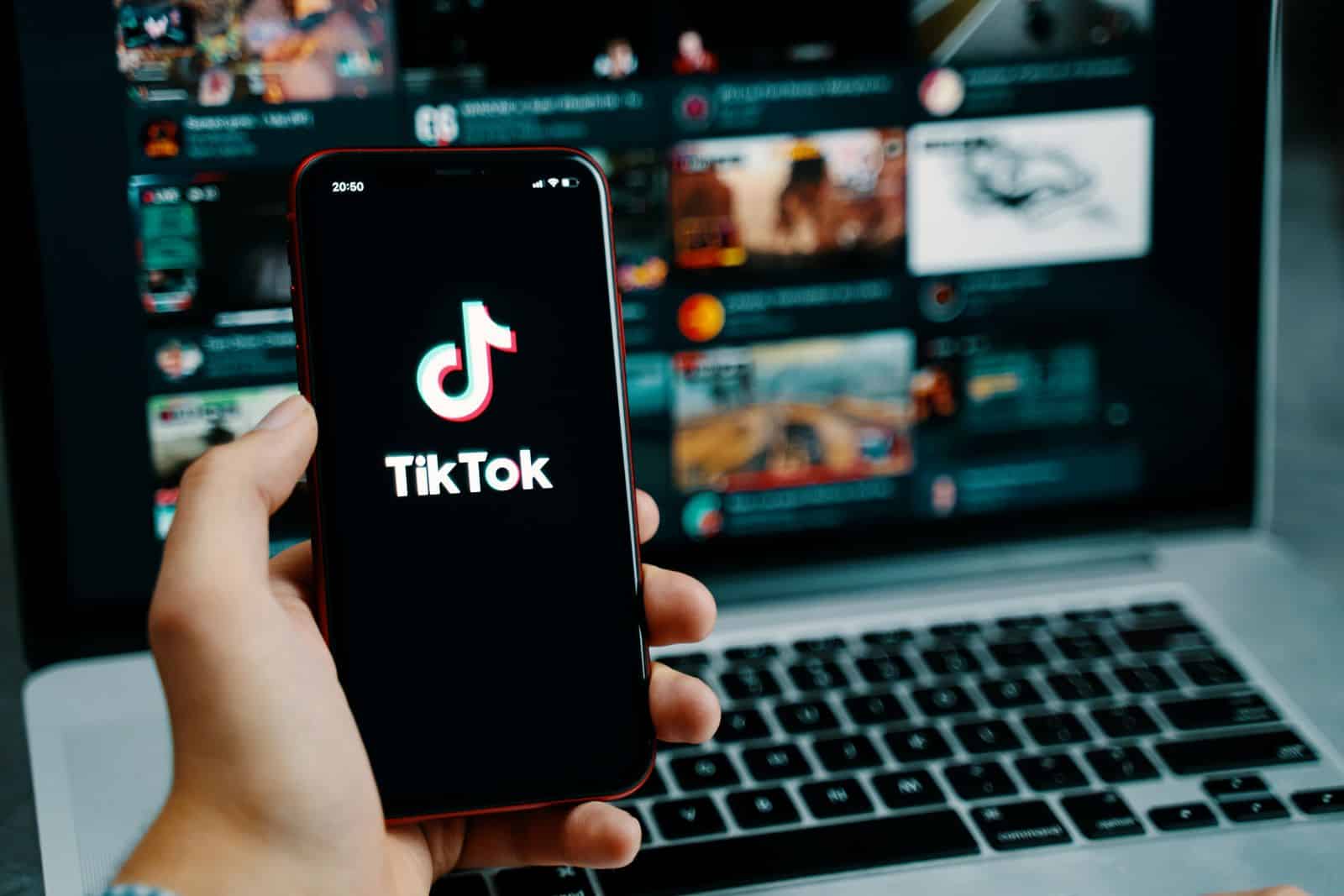
If the bill does pass and ByteDance chooses to sell there is also the matter of who the app would be sold to.
The Role of Antitrust Laws

If TikTok were to be sold, the most likely buyer would be other major tech companies, but the Biden administration’s antitrust efforts could potentially block such a purchase and leave few options for the app to be sold to.
Trump’s Support
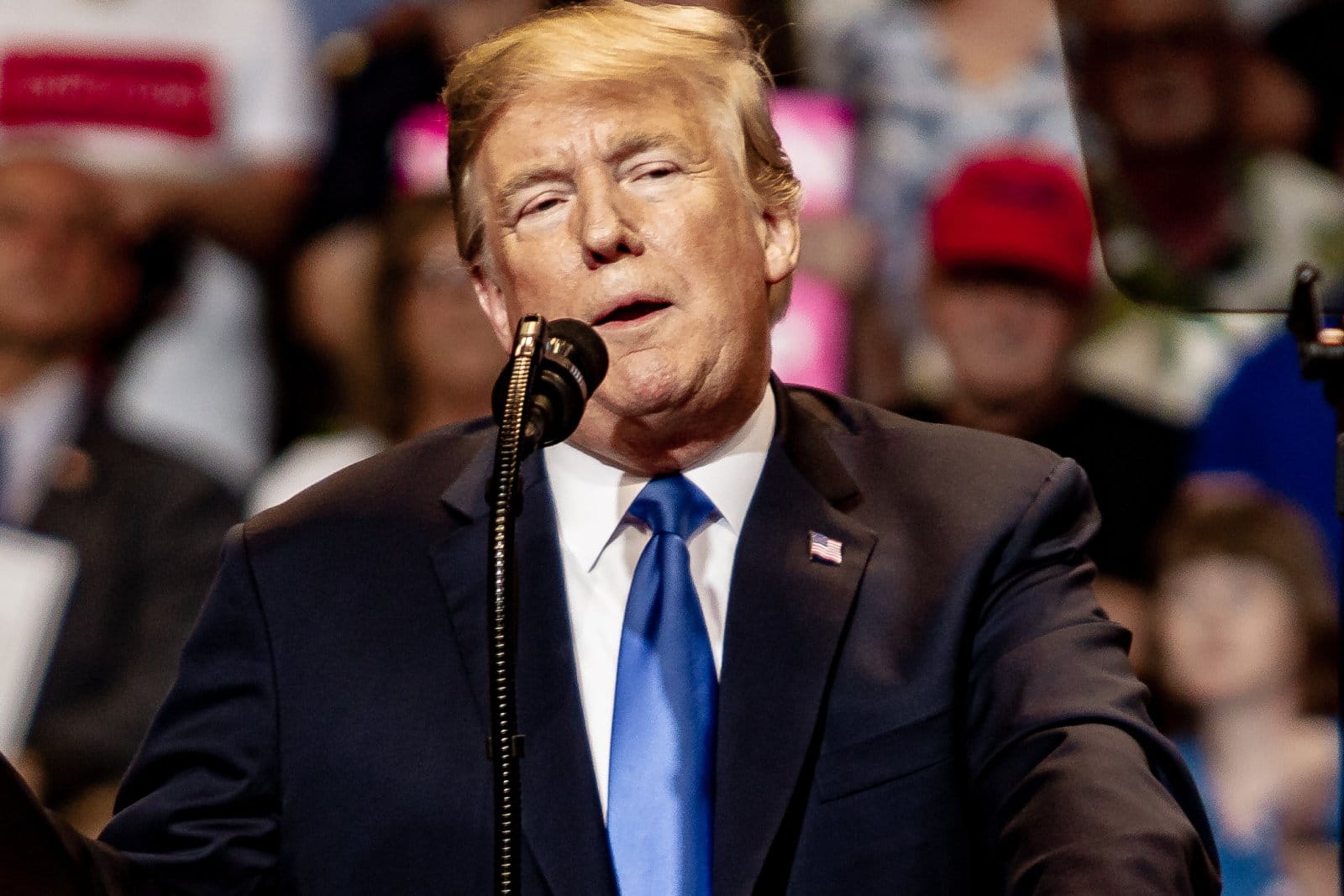
Even though the proposed bill has bipartisan support, one noteworthy opponent is actually former president Donald J. Trump, despite his previous stance in favor of such a bill.
An Unfair Advantage
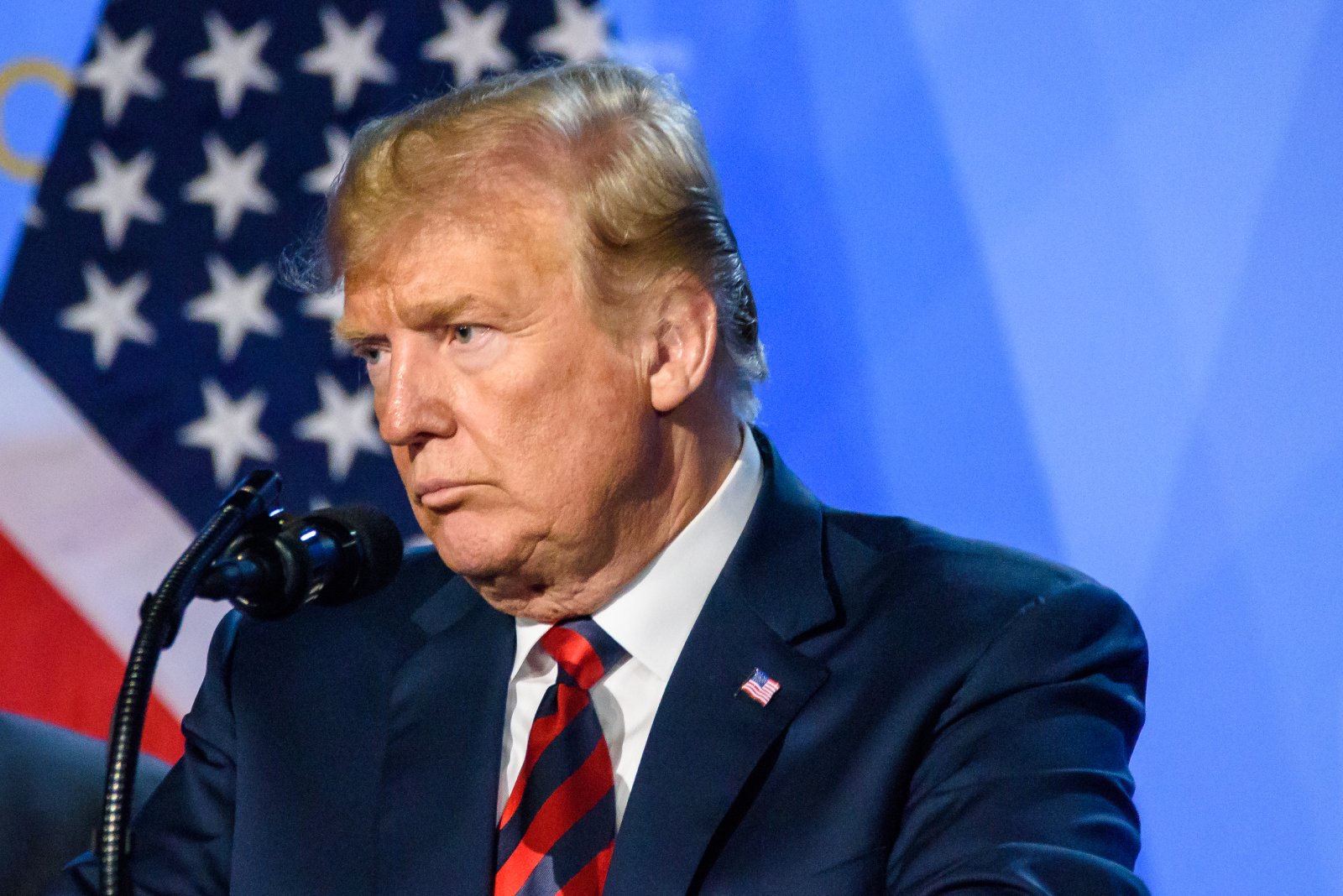
Previously, Trump called TikTok a “national security threat,” but since this new bill has been proposed, he has said that such a ban could give competing social media networks like Instagram an unfair advantage.
The Trump Effect

When discussing Trump’s support, Paul Gallant, a policy analyst for TD Cowen, said, “Trump’s opposition is a meaningful new headwind to this bill becoming law. A lot will depend on whether he goes to the mat on this TikTok bill the way he did with the border security bill.”
Free Speech Advocates
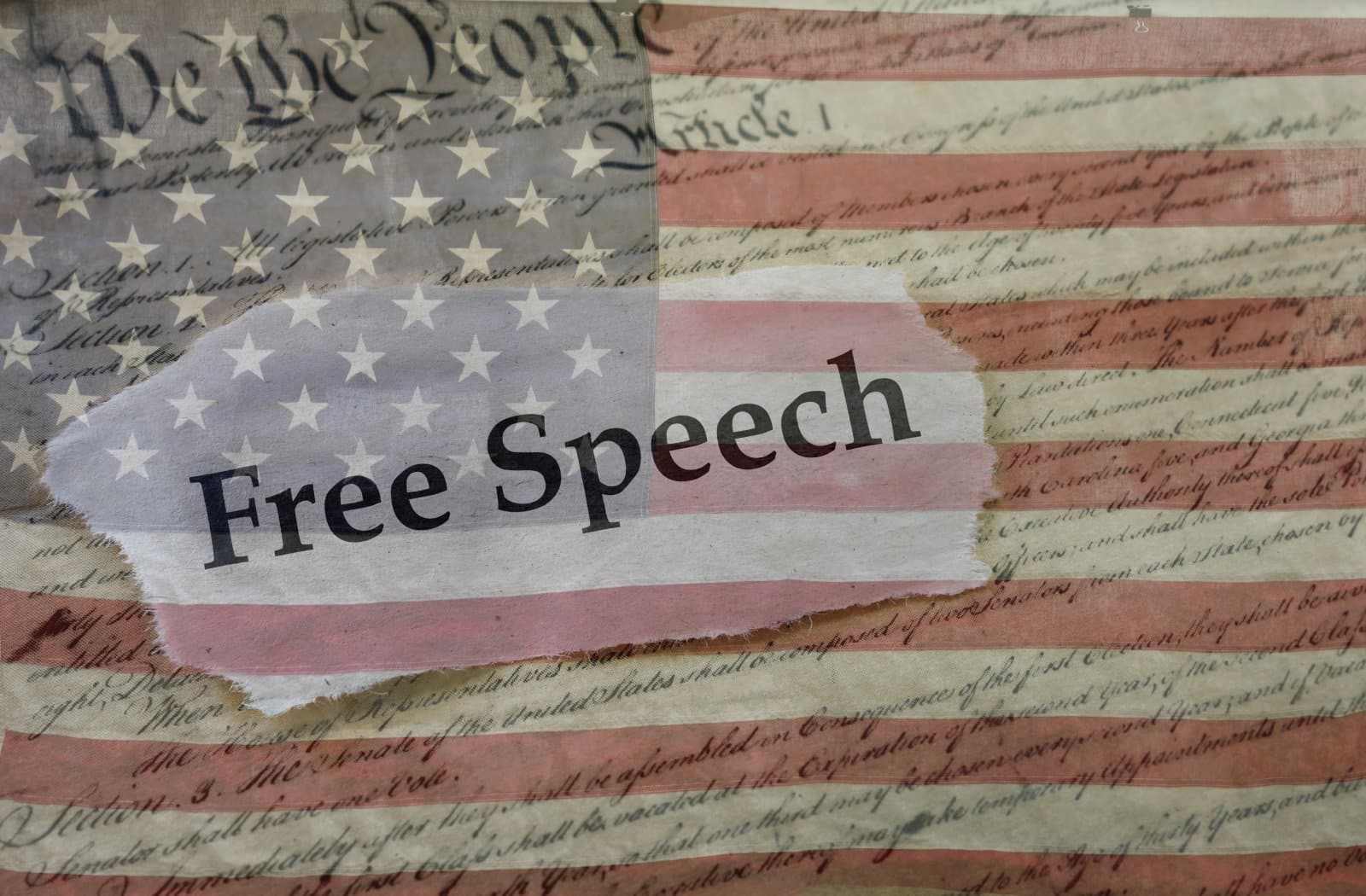
In addition to Trump’s opposition, many free speech advocates have also opposed the bill, claiming that it could inadvertently affect expressive freedoms.
Civil Penalties

If the bill is passed into law, it would then place civil penalties on platforms such as Apple and Google’s app store for distributing over even updating TikTok.
Limiting Distribution

This legislative approach is the Government’s best chance at limiting app distribution since it has few options when directly imposing legal repercussions upon Bytedance.
21 States Where Squatters Can Legally Claim Your Property

Discover how squatters’ rights, or adverse possession, are more than just legal jargon—they’re stories of unexpected twists in the world of real estate. From sunny California to the historical landscapes of Pennsylvania, here’s how these laws could turn the tables on homeowners and squatters alike. 21 States Where Squatters Can Legally Claim Your Property
14 Things That Are Banned in the U.S. but Totally Fine Elsewhere

Ever feel like America’s rulebook was written by someone with a dartboard? Across the pond or down under, things get even wackier. Let’s take a walk on the wild side of global “Do’s” that are definite “Don’ts” in the Land of the Free. 14 Things That Are Banned in the U.S. but Totally Fine Elsewhere
25 American States Nobody Wants to Visit Anymore

Across the United States, some states capture the hearts and itineraries of many, while others remain quietly on the sidelines, overshadowed or misunderstood. These 25 states, facing what you might call a popularity crisis, are brimming with hidden wonders, cultural riches, and natural beauty, awaiting those willing to look beyond the usual tourist trails. 25 American States Nobody Wants to Visit Anymore
20 Foods That Are Cheaper to Eat Out Than Making at Home

In a world where convenience often wins, certain culinary delights come with a lower price tag when enjoyed at a restaurant rather than crafted in your own kitchen. Here are twenty foods that might save you both time and money when indulged in at your favorite eatery. 20 Foods That Are Cheaper to Eat out Than Making at Home
17 Things You’re Paying For, but You Don’t Have To

In the land of the free, there’s a price tag on everything, but savvy Americans know better than to open their wallets for just anything. Here are 17 expenses you’ve been shelling out for without realizing there’s a cheaper or even free alternative. 17 Things You’re Paying For, but You Don’t Have To
The post TikTok’s Fate: Will China Succumb to U.S. Demands? first appeared on From Frugal to Free.
Featured Image Credit: Shutterstock / XanderSt.
The content of this article is for informational purposes only and does not constitute or replace professional financial advice.
